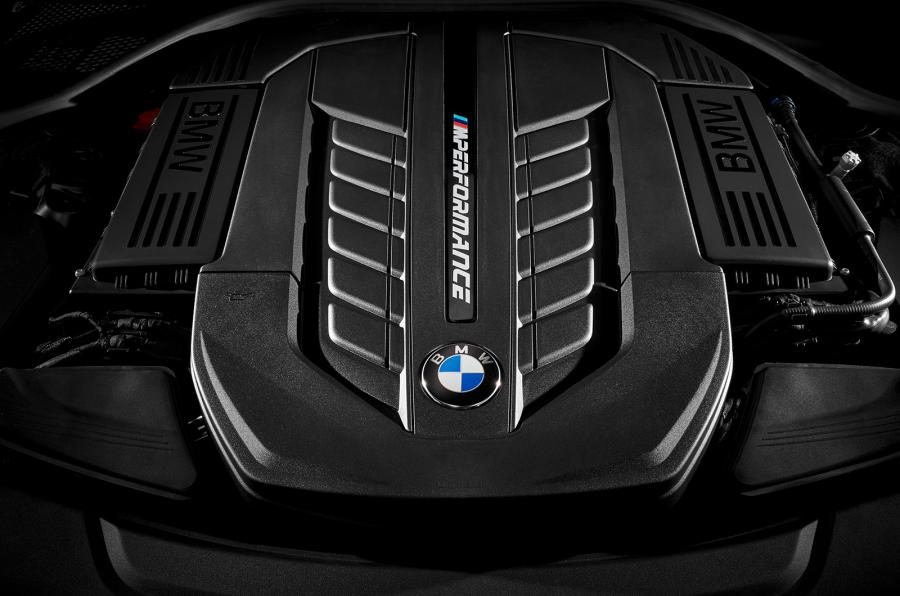It’s been a long time coming, but BMW has now officially confirmed that it has made its final V12-powered car – it’s truly an end of an era, folks. The company announced back in January that it’ll be making a limited-edition final run of the V12-powered 7 Series, literally called “The Final V12”, for BMW customers with a history of V12 ownership. And well, it’s now sold out.
“The last BMW 7 Series vehicles with the V12 have been produced,” a BMW spokesperson told CarBuzz. “We did a final edition for the US, which sold out really quickly.”
The writing has been on the wall for the V12 for quite some time now, especially with tightening emissions regulations worldwide. The final nail in the coffin came when the all-new 7 Series, launched earlier this year, only offers a maximum of eight cylinders under the bonnet.
Still, the V12 played a significant role in BMW’s history, with the engine configuration first appearing in the E32-generation 7 Series back in 1987. It’s been revised and improved for increased outputs and improved efficiency over the years, and in its final iteration, the 6.6-litre twin-turbocharged V12 in the BMW M760i xDrive makes a whopping 609 hp and 800 Nm.
The output figure translates to a 0-100 km/h sprint time of just 3.6 seconds. That’s supercar-level fast, in a luxobarge that is pushing 2.5 tonnes in weight.
Outside of the 7 and 8 Series models, there’s also the famous S70/2 V12, which was designed to power the McLaren F1. It’s based on the same architecture as the company’s original V12 engine, but with several mechanical upgrades such as new heads, individual throttle bodies, and a dry-sump oil system to raise its outputs to something a little more suitable for a halo supercar.
Versions of the engine also appeared in the V12 LMR Le Mans racer, which won BMW their first and only 24 Hours of Le Mans overall victory to date.
Even though it’s the end of the road for BMW V12s, the wider BMW Group isn’t saying goodbye to the 12 cylinders quite just yet. The Rolls-Royce models are still powered by various versions of the N74 twin-turbocharged V12 engine, but even that is probably not going to last too much longer, as the company has committed to phasing out internal combustion engines by 2030.
Petrolheads, it’s time to put your money where your mouth is, because there’s probably not much time left to savour these incredible engineering marvels. And if you need some pointers, Ferrari is making a brand-new V12 engine for its new Purosangue SUV…








